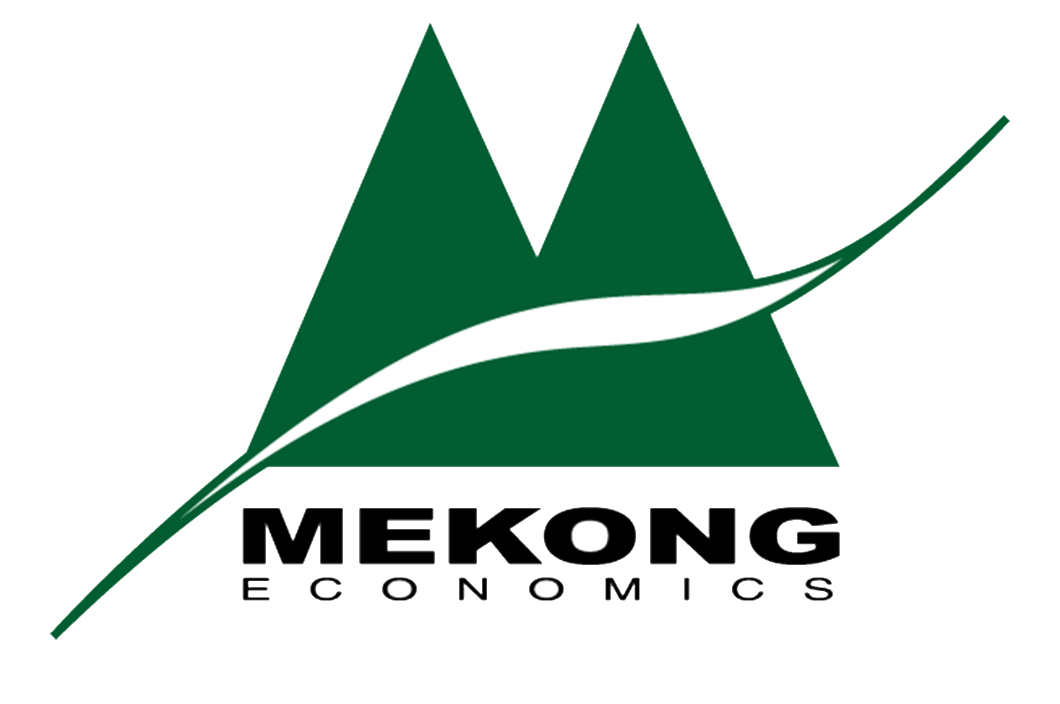Vietnam Counts the Economic Cost of the Covid-19 Epidemic
Vietnam may have reported only 16 confirmed cases of Covid-19 but the deadly coronavirus is still having a significant impact on the Southeast Asian nation’s economy, as factories struggle to secure the raw materials they need from neighbouring China.
“Vietnam is suffering economically, but less than China,” said Adam McCarty, chief economist at Mekong Economics in Hanoi.
“Schools remain closed, tourists are too few, and workers, maybe 20 per cent, are underemployed due to virus-caused declines in demand and Chinese inputs,” he said.
Since the outbreak began at the end of last year, Vietnam has introduced a number of measures to help contain its spread, including extending the Lunar New Year school holiday in dozens of cities and halting trade with China at many of its northern border stations.
Some checkpoints reopened for a limited period on Thursday, though all truck drivers entering the country from China are now required to wear gloves and masks, and are prohibited from leaving their cabs at any time, according to Vietnamese media reports.
State-owned Vietnam Railways was reported as saying its revenue in the first 19 days of February fell by about US$2.8 million from the equivalent period of last year, partly as a result of having to pay refunds on almost 40,000 unused tickets.
Tens of thousands of Chinese migrant workers were quarantined on their return to Vietnam following the Lunar New Year holiday, including about 10,000 in the town of Son Loi close to the China border. Although checkpoints have now reopened, businesses continue to face difficulties.
At a shoe factory in Thanh Hoa province, nearly 12,000 workers were told to take two days’ leave last week as the company had no raw material for them to work with, local media reported.
Also, thousands of workers at garment factories across Vietnam went on strike over fears their Chinese workmates had brought Covid-19 back with them after the holiday. In a bid to reassure them, a state-run union provided free face masks and information on how to protect against infection.
Joe Buckley, a specialist in Southeast Asian labour and development issues at SOAS University of London, said many clothing and footwear manufacturers had been hard hit by the coronavirus epidemic.
“One impact on production is that enterprises are finding it hard to source such materials,” he said. “Some, such as Samsung, are flying in parts to get around the restrictions, but others are simply running out of materials.”
The deadly outbreak, which began in the central China city of Wuhan in December, has had a significant effect on the global supply chain, with many foreign businesses complaining of a shortage of supplies due to the disruption to production in the world’s second-largest economy. Vietnam relies on China for about 30 per cent of its imports.
Vietnam’s Prime Minister Nguyen Xuan Phuc said at the start of February that economic growth in the first three months of 2020 was likely be one percentage point below the government’s target of 6.8 per cent for the period.
